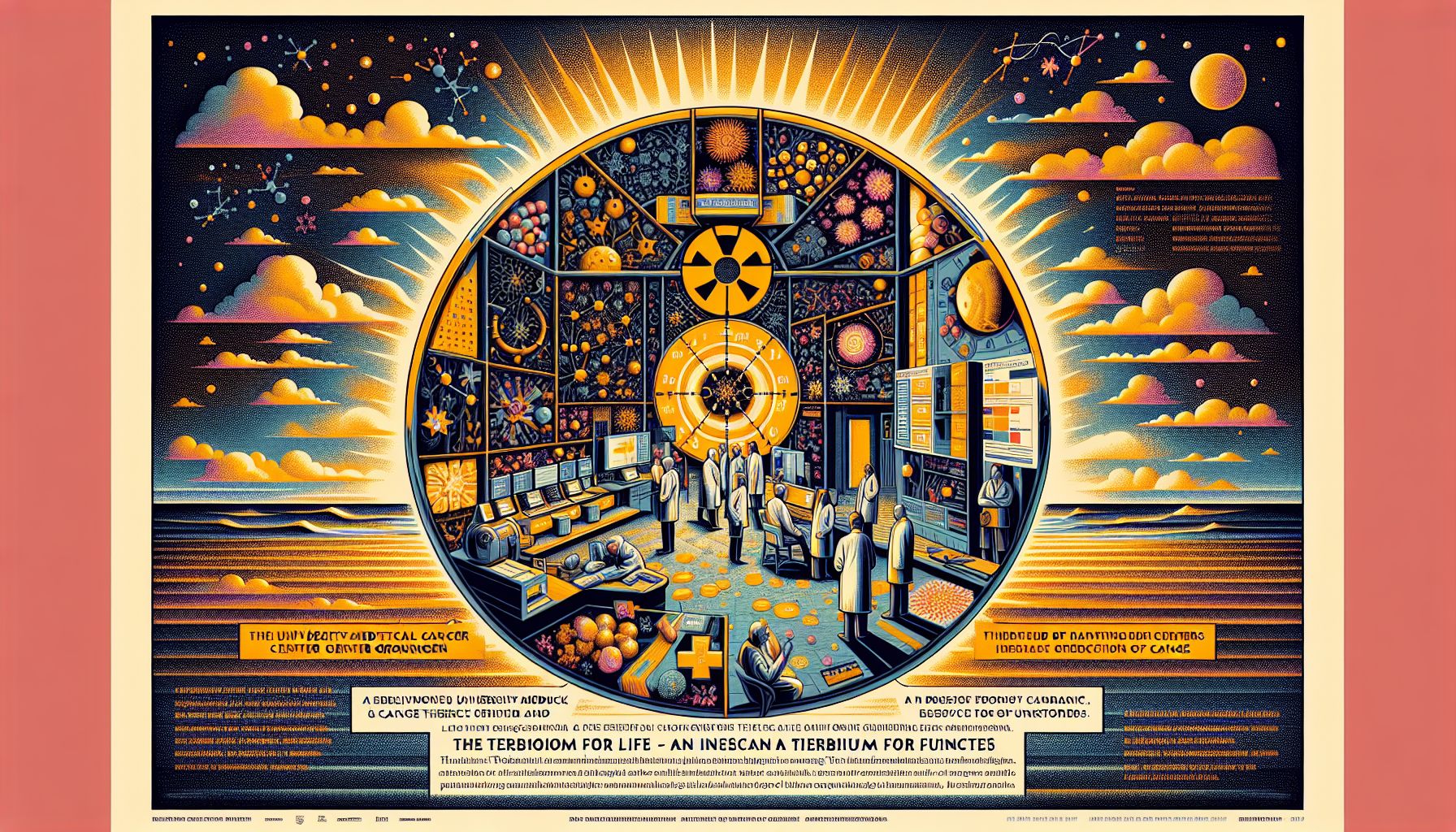Dutch Government Boosts Cancer Research with €10.5 Million Isotope Grant

The Hague, Tuesday, 22 October 2024.
The University Medical Center Groningen and SHINE Europe secure substantial funding for the ‘Terbium for Life’ project, aiming to advance terbium isotope production for cancer therapy and diagnostics. This initiative addresses the rising global early-onset cancer cases and supports Europe’s strategic agenda for medical radiation applications.
Revolutionizing Cancer Treatment with Terbium Isotopes
The ‘Terbium for Life’ project represents a significant leap in cancer treatment innovation, focusing on the production of terbium isotopes, particularly Terbium-161. This isotope, along with others like Tb-155, Tb-152, and Tb-149, is pivotal in both therapeutic and diagnostic applications. The initiative, supported by the €10.5 million grant from the Dutch government, is a collaborative effort between the University Medical Center Groningen (UMCG) and SHINE Europe. This project aligns with Europe’s Strategic Agenda for Medical Ionising Radiation Applications (SAMIRA), aiming to address both current healthcare needs and future advancements in cancer treatment.
How Terbium Isotopes Work in Cancer Therapy
Terbium isotopes are instrumental in a medical approach known as theranostics, which combines therapy and diagnostics to improve cancer treatment outcomes. Terbium-161, the project’s primary isotope, emits beta particles that can destroy cancer cells while minimizing damage to surrounding healthy tissues. This precision makes it a valuable tool in treating cancers with high accuracy. The project’s focus on a steady supply of these isotopes ensures that healthcare providers have access to these advanced treatments, ultimately improving patient outcomes and offering new hope to cancer patients across Europe and potentially beyond.
Key Players and Their Roles
The success of the ‘Terbium for Life’ project hinges on the collaboration between UMCG and SHINE Europe. UMCG, one of Europe’s largest hospitals, brings extensive expertise in nuclear medicine and radiotheranostics, while SHINE Europe, a subsidiary of SHINE Technologies based in Janesville, Wisconsin, specializes in the production of medical isotopes. Dr. Philip H. Elsinga, a notable figure in PET radiochemistry at UMCG, and Harrie Buurlage, VP of Strategic Alliances at SHINE Europe, are key leaders driving this initiative forward. Their combined efforts aim to secure the European supply chain for terbium isotopes, tackling the increasing global burden of early-onset cancers.
Implications for the Future of Cancer Treatment
The ‘Terbium for Life’ project not only addresses immediate healthcare needs but also sets the stage for future innovations in cancer therapy. As global early-onset cancer cases have surged by 79%, the need for advanced treatment options has become more pressing than ever. By ensuring a reliable supply of terbium isotopes, the project promises to transform cancer treatment protocols, enabling more effective and less invasive therapies. This initiative underscores the vital role of collaborative research and innovation in combating the cancer epidemic and enhancing the quality of life for patients.

